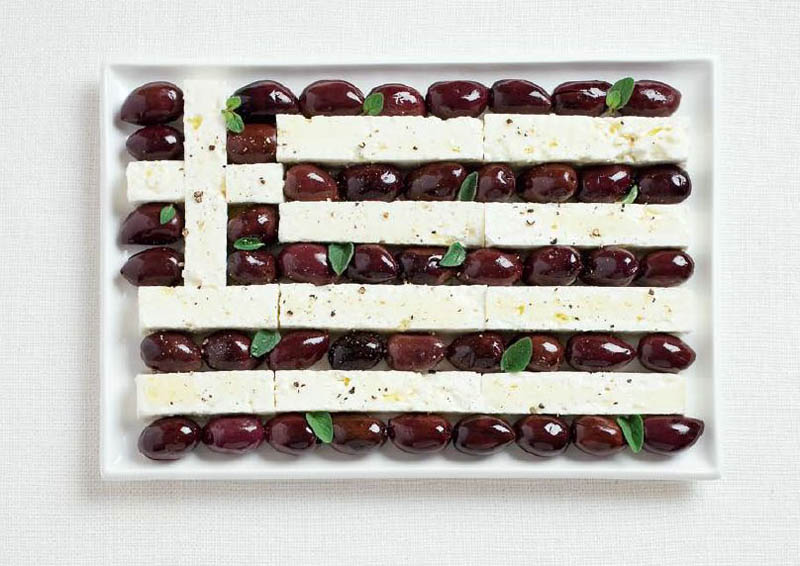Greece is the cornerstone of European civilization, philosophy, and democracy. So the tourist will have plenty to do and see in this Mediterranean oasis. But Greece is also home to world-renowned cuisine, some of which we take for granted at our local diners back home. Kebabs, gyros, and fresh garden salads are among many popular dishes that had their start in Greece. The famous ancient writer and poet Homer even referenced the delectable kebabs when writing the Iliad. However, before div
Because Greece is mostly agricultural, Greek cuisine developed in the homes and local taverns in rural communities. Restaurants never really had a pivotal influence in developing the country’s style of cooking. Today there is a great upside to dining for tourists, as qood quality, traditional foods a
Seafood
You can’t talk about Greek cuisine without making mention of their seafood, which is arguably one of their greatest specialties. Seafood specialty restaurants known as Psarotaverna often serve calamari and fried baby squid. Being surrounded by the sea, you must not forget about their fresh fish offerings which they
Greece is also famous for its meat dishes which include goat, beef, and poultry often featured in kabobs and gyros. But, contrary to popular belief none of these are among Greece’s most consumed meat, as pork ranks as the top choice for Greeks. Pork dishes are often the centerpiece for Christmas and New Year’s Day meals.
Pasticcio, Moussaka, Giouvetsi, Spanakopita, Tyropita are Greek delicacies you will come to know and love during your visit.
Breakfast
Breakfast is called the most important meal of the day for some, but not for Greeks. Don’t raise your expectations that you’ll find a good breakfast in Greece, as
Dessert
Any traveler that has a sweet tooth in Greece should take comfort in knowing that Greece has a wide variety of desserts. Desserts are a delectable treat, including baklava (consisting of strudel leaves and walnuts) and kataifi (which consists of nuts wrapped in shredded wheat with a honey sauce). There are two kinds of special places that serve only dessert. A zaharoplastío is a cross between a café and patisserie and mainly serves chocolate confections and pastries. Then there is a galaktopolío which serves a variety of dairy-related foods such as yogurt, custard, and rice pudding. If you’re looking for a more familiar comfort, you will find that ice cream is quite popular in Greece and is served much the same way as it is served back home. In the summer, however, sweets give way to fresh fruits such as large peaches, melon, watermelon, grapes and pears.
Coffee
Greek coffee is similar to Arabian coffee. The important thing to know when ordering is the words pikro (bitter), metrio (semi-sweet), and gliko (sweet). As is the case anywhere in Europe, coffee in Greece is much stronger than what you might be used to back home. Coffee is usually served with a glass of water.
Cheese
A Special Note on Tipping
In Greece a 15% service charge is usually included in your bill. However, if it is not, or if you are very happy with the service follow the custom of your own country, as things appear much the same worldwide. Waiters, for instance, will expect a 10% tip or less for large bills. Greek law ordains the service charge; so additional tipping is really recognition of special service for special requests. The current Greek custom is to leave some change on the plate with the bill and a smaller amount on the table. The tip on the plate is for the waiter. The tip on the table is for the busboy that served the water, brought extra bread, wine or beer and so on. Busboys work for tips alone.
So remember that Greece is more than history, sun and sea. When traveling in Greece, be sure to make time to explore the local cuisine!
-Collegiate Correspondent James Ciambor

